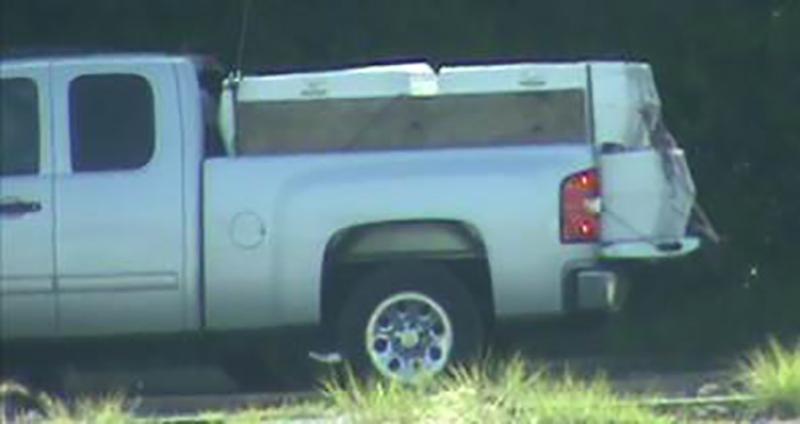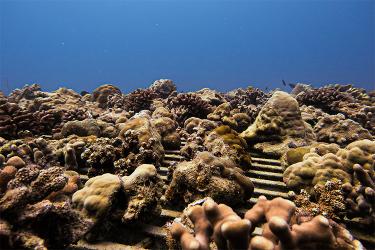Most people understand the general concept about what happens in a police investigation. Everything you need to know is shown in an every-day episode of Law and Order.
First, there’s a lead or a tip that investigators follow. That lead, in some cases, provides evidence to support an agency allocating resources for a deeper look into the case. From there, evidence is gathered, interviews are conducted, and eventually, a suspect is charged. The case is then heard in court and a verdict is reached.
But, what happens next? Sure, on TV shows people go to jail. But NOAA’s Office of Law Enforcement (OLE) deals with fishing and marine resources. People don’t go to jail for catching fish, do they?
In a recent case, OLE Special Agent Allan Coker learned that for the defendants in one closed case the consequences of illegal activities were more than just a small fine.
“Sometimes when we catch people breaking the rules, they get fined; they pay the fine and then continue to fish,” said Coker. “For some people, the fine is just part of the cost of doing business.”
“But in this case we got them out of the fishery,” he added. "People pleaded guilty to felony charges. A person went to jail. And the businesses closed, permanently.”
It was an 18-month undercover operation. Tips had been received by OLE personnel regarding the illegal buying and selling of seafood in Mobile, Ala. The investigation led to the charging of nine commercial fishermen and two companies.
“The companies didn’t have state licenses or federal permits,” said Coker. "They didn’t keep records, either. These guys opened a business, well below the radar, and started taking hundreds of thousands of pounds of unreported species from the Gulf Coast.”
Coker explained that the owners of Bay City Meats and Coastal Connection were interested in purchasing red snapper, grouper, and amberjacks. The undercover operations revealed that these dealers conducted more than one hundred trips to the Gulf Coast to purchase illegal and unreported fish, and were undetected in part because they used a new vehicle for each trip. Then, they took the fish to the Alabama and Florida state lines and sold it to dealers and restaurants.
Undercover agents from OLE, the Alabama Department of Natural Recourses, and the Florida Fish and Wildlife Commission infiltrated the conspiracy ring, posing as buyers of the illegal fish. After several sales, the fishermen became familiar with the undercover agents and began sharing information about their business practices. Conversations were recorded, transactions were filmed, and interactions were well documented. Once the bigger scheme was revealed, the case evidence was so insurmountable that each defendant entered a guilty plea.
“Everything fell into place,” said Coker. “We had so much evidence that everyone pleaded guilty to felony charges.”
Fines were assessed and each person, with the exception of David Braley, was subject to no less than 3 years of probation. Braley’s violations were so extreme that he was sent to jail for nearly 8 years.
“This was just a perfect investigation, if there ever was one,” said Coker. “These people were taking fish out of the gulf that the fishermen who play by the rules could have been catching. They were basically stealing from the honest fishermen. It was a big win for fisherman of the Gulf fishery.”
-
Story by Ally Rogers, communications specialist for NOAA’s Office of Law Enforcement. To contact her, please call 301-427-8255 or email allyson.rogers@noaa.gov.



